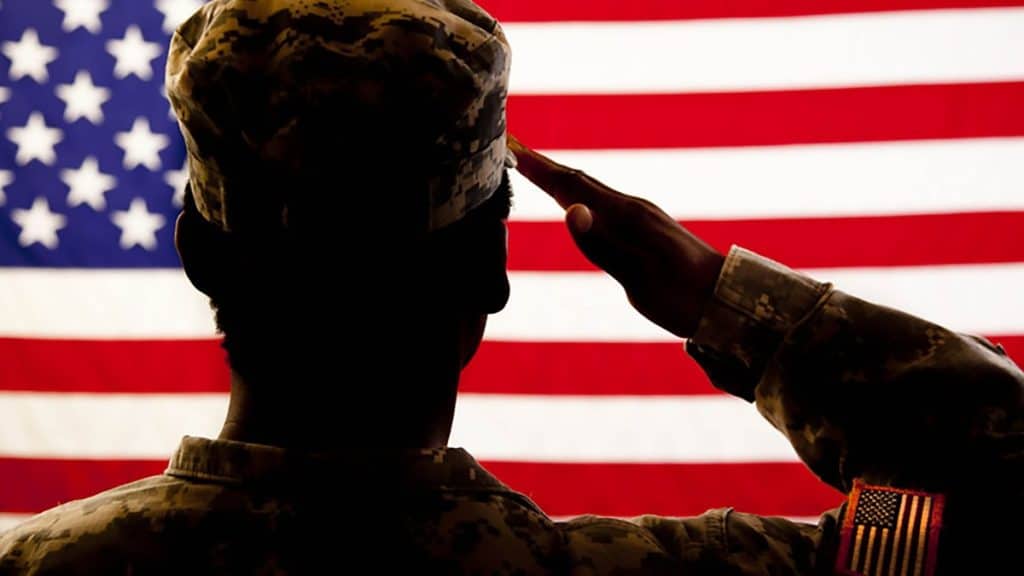Transitioning from a wounded soldier to a successful veteran requires comprehensive support that addresses medical recovery, professional development, and personal growth. The multi-faceted journey involves effective rehabilitation, tailored career support, and achieving personal goals that foster a sense of purpose. By focusing on these crucial elements, veterans can transition smoothly and build a fulfilling, balanced life post-service.
1. Prioritize Medical Rehabilitation
Medical rehabilitation encompasses the comprehensive care and support essential for wounded soldiers to adapt to their new normal. The process utilizes tailored therapies that enhance veterans’ physical, mental, and social well-being. That empowers them with independent living skills to pursue their daily routines effectively.
Rehabilitation management focuses on physical recovery and adaptation to long-term disabilities, using a range of therapies and adaptive technologies to maximize functional independence. For immobilized veterans, access to artificial limbs and supportive devices is crucial for enhancing function and mobility. However, it’s vital to note that qualified organizations backed by CFC military funding play a pivotal role in supporting rehabilitation programs, acquiring essential equipment, and advancing research.
2. Incorporate Professional Development for Wounded Veterans
Training and courses are crucial in assisting veterans in reintegrating into the workforce and transitioning to civilian life. These programs provide various resources to help veterans build successful careers, including;
- Career Counseling: It helps veterans identify their strengths, interests, and transferable skills
- Skills Assessment: It helps the veterans evaluate their competencies and potential for growth
- Vocational Training: Helps in providing hands-on experience and certifications in specific fields
- Job Placement Assistance: It helps connect veterans with employers who value their military experience
Dedicated veterans’ support organizations help tailor these programs to their strengths and interests for a successful transition and empowerment, leading to personal fulfillment, financial stability, and a sense of purpose in their new roles.
3. Embrace Entertainment and Creativity as Tools for Veteran Well-being
Personalized entertainment offers relaxation, enjoyment, and a sense of purpose. Positive fun helps veterans alleviate stress and anxiety. Participating in leisure activities like sports, digital games, or attending concerts is good for refreshing.
Also, painting, writing, or music can help veterans develop new skills, boost self-esteem, and offer therapeutic outlets for processing emotions. Hobbies contribute to personal growth and goal achievement, supporting a stress-free and balanced transition.
4. Leverage Stakeholder Groups and Professional Organizations
Professional and community groups with the common agenda of supporting wounded war heroes provide a network of support and opportunities for veterans. That helps these individuals find new purpose and achieve their full potential. Stakeholders from various sectors help veterans overcome challenges and develop practical solutions to their needs.
For example, government agencies like the Department of VAand the DoDwork with state and local agencies to provide essential resources and services. Also, reliable non-profit veteran service organizations (VSOs) like Wounded Warriors Family Support offer specialized support and guidance to ensure that veterans and their families receive the comprehensive care they deserve.
Families and spouses of veterans are crucial in the support network, offering emotional, practical, and caregiving assistance. Family efforts are vital in providing daily support and fostering a stable and nurturing environment. By embracing these critical organizations and groups, wounded veterans can effectively transition to their new way of life.
In conclusion, a holistic and personalized approach is essential in helping wounded veterans lead fulfilling lives, comprehensively addressing their medical, emotional, and practical needs. Partnering with a reputable veteran care organization like Wounded Warriors Family Support allows you to leverage their expertise and resources, ensuring a smoother transition and enhancing the veteran’s overall well-being with targeted, professional support.
